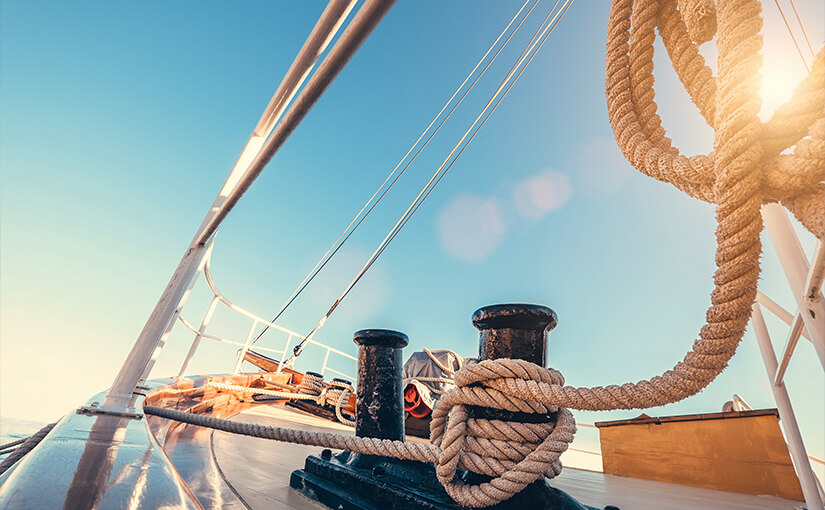Getting insurance for your boat is just as important as getting one for your car or home. It gives you the assurance that your property will be restored to working condition after an accident without shelling out a big sum of money. Boat insurance also covers any third-party liability that results from unwanted incidents. Whether you are a new boat owner or an experienced boatie, you should pay serious attention when shopping around for the best insurance deals for your vessel. You must know the important considerations when getting boat insurance.
Boat Type and Usage
Different types of boats require different insurance coverage. Insurance needs also vary depending on how you use your vessels. Whether you have a fishing boat, a luxury yacht, a sailing boat or a cabin cruiser, insurance providers will evaluate the risks associated with your vessels. Make sure to find a boat insurance that covers specifically the type that you have, no matter how small or big it is.
Your Boat’s ValueThe general rule is the higher boat value, the more expensive your insurance premium will be. The insurance premium will be based on your boat’s age, size, condition, type and the location it operates. If your vessel runs in accident-prone areas due to bad weather conditions and dangerous waters, you might get a more expensive insurance because of the risk. The same thing goes for new watercrafts. Try to get special deals and discounts to lower your insurance premium.
However, if you have an old boat, think it through if getting insurance for it is still economical. Just like with cars, boat value depreciates over time. The money that you will spend on insurance might be more expensive than any repairs or replacements required during accidents.3. Type of Boat InsuranceOne of the important considerations when getting boat insurance is the type of insurance, which should be based on the type of boat that you have. Below are some of the types of boat insurance:
Hull Insurance – This insurance will cover all the damages to your boat and other people’s property cause by your boat, including the cost of repairs. When you have a Hull Insurance, the agreed value of the boat will be paid to you if a total loss occurs.
All Risk Insurance – It covers all the possible risks in boating including those that are not commonly included in most insurance policies including pollution liability, mechanical breakdown, freezing and ice damage. All Risk Insurance may also include medical insurance.
Third Party Liability – This boat insurance covers all the types of damages caused by your boat to other properties including any incidental damages and expenses like rescue operations, medical expenses, and towing. If you are keeping your boat at a marina, you are most likely to be required to get this insurance policy.
Yacht Insurance – This is a boat insurance particularly for vessels which are 27 feet or larger. These boats are more exposed and more at risk compared to smaller boats that is why a different policy is needed for them.
Charter Boat Insurance – An insurance that covers all fishing tournaments-related equipment and travel.
Insurance Coverage - The type of coverage that you choose will determine the protection that you will get and the cost of your premium. Some of the types of coverage include Comprehensive, which covers the damages in your boat in all types of incidents including theft or natural disasters; Liability, which covers all damages to property and people injuries caused by your boat; Collision, which covers damages to your vessel during collisions with another boat, or other objects; and Equipment, which covers all equipment, amenities and contents attached to your boat.5. Separate Insurance or Package Insurance You can choose to include your boat insurance with home insurance. If you are buying a trailer together with your new boat, you can have them both under one insurance. For some boaties, these options are practical and cheaper. However, they have much more limited coverages compared with a separate boat insurance. Although having separate boat insurance is more expensive, it can give you more options on your policy and it can save you money in the long run.6. Agreed Value vs Actual Cash Value. These refer to the type of policy where one pays you the actual cash value of the boat during a total loss, while the other pays you the agreed value of the boat not considering depreciation. Agreed cash value policies have more expensive premium but you will be guaranteed of a higher compensation for your lost boat even if its value has depreciated.
Now that you know the important considerations when getting boat insurance, you will make a better decision for you next boat purchase. If still in doubt, you can ask the boat insurance experts so you can make sure which insurance is the best for your boat.
